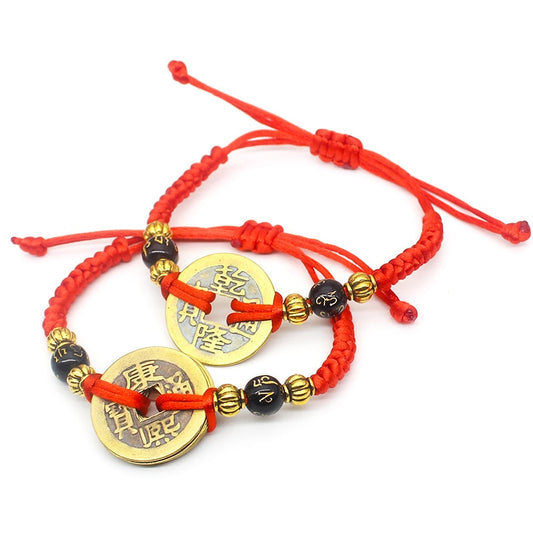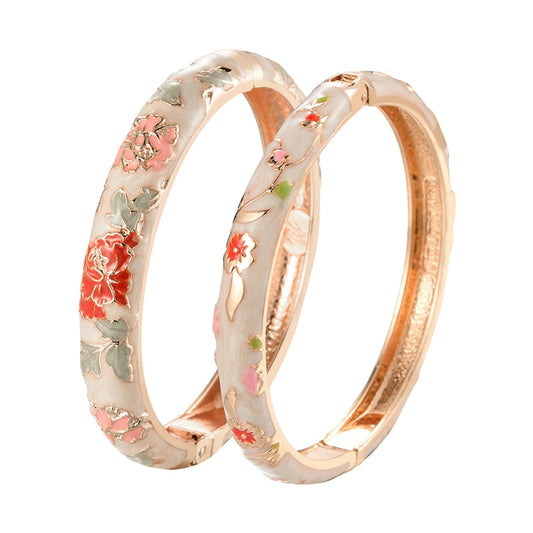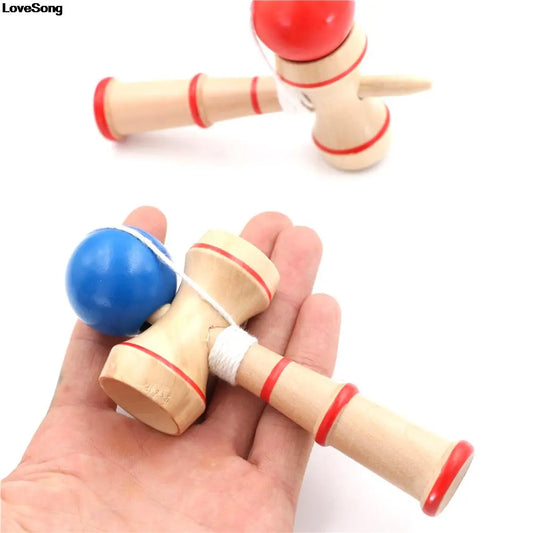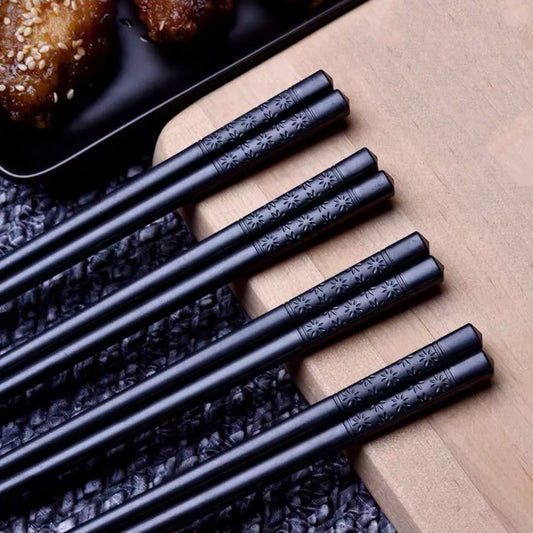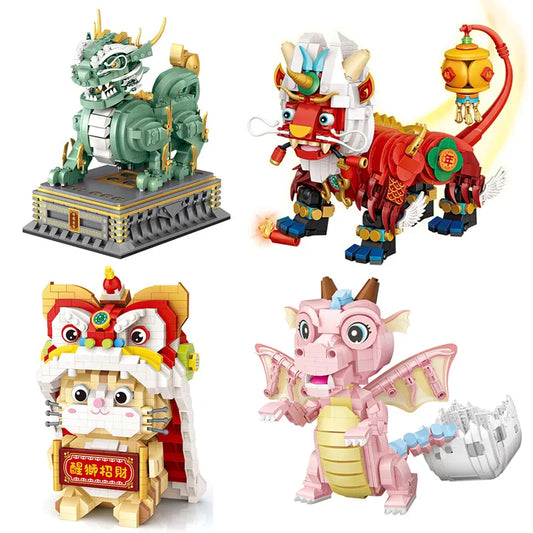Chinese tea has a rich history and is renowned worldwide for its unique flavors, health benefits, and cultural significance. This article explores the world of Chinese tea, its various types, health benefits, brewing techniques, popular varieties, and tips for buying and storing. Discover the wonders of Chinese tea and how it can enrich your tea-drinking experience.
History of Chinese Tea
Tea cultivation in China dates back thousands of years, with legends attributing its discovery to Emperor Shen Nong. The ancient Chinese regarded tea as a medicinal beverage and later as a symbol of refinement and social status. Tea culture flourished during the Tang and Song dynasties, and it continues to be deeply ingrained in Chinese traditions.

Types of Chinese Tea
Green Tea
Green tea is one of the most widely consumed types of Chinese tea. It undergoes minimal oxidation during processing, preserving its natural antioxidants and delicate flavors. Famous varieties include Longjing and Bi Luo Chun, known for their fresh, grassy notes and vibrant green color.
Black Tea
Black tea, also known as red tea in China, undergoes complete oxidation, resulting in a robust flavor and dark color. Keemun and Dian Hong are popular Chinese black tea varieties, offering a malty and aromatic profile that appeals to tea connoisseurs.
Oolong Tea
Oolong tea lies between green and black tea, with varying degrees of oxidation. This category boasts nuanced flavors and aromas, making it highly prized. Tie Guan Yin and Da Hong Pao are renowned oolong teas, displaying floral, fruity, and toasty characteristics.

White Tea
White tea is the least processed among Chinese teas, featuring delicate buds and young leaves. Its gentle infusion offers a subtle sweetness and a light, floral fragrance. Bai Hao Yin Zhen and Shou Mei are notable white tea varieties cherished for their mellow and refined taste.
Health Benefits of Chinese Tea
Antioxidant Properties
Chinese tea is rich in antioxidants, such as catechins and polyphenols, which help combat free radicals and protect the body from oxidative stress. Regular consumption may contribute to overall well-being and support a healthy immune system.
Boosted Metabolism
Certain Chinese teas, like green tea, have been associated with increased metabolism and weight management. The catechins present in green tea can enhance fat oxidation, potentially aiding in weight loss efforts when combined with a balanced diet and exercise.

Improved Digestion
Drinking Chinese tea after a meal can aid in digestion. Some teas, like pu-erh, are known for their digestive properties and may help alleviate bloating or discomfort. Sipping on a warm cup of Chinese tea can provide a soothing effect on the stomach.
Stress Relief
Tea has long been appreciated for its calming properties, and Chinese tea is no exception. The ritual of brewing and savoring a cup of tea can help reduce stress and promote relaxation. Theanine, an amino acid found in tea leaves, contributes to its soothing effects.
How to Brew Chinese Tea
Brewing Chinese tea is an art form that requires attention to detail and appreciation for the tea's unique characteristics. Follow these steps for a delightful tea experience:
-
Select high-quality loose-leaf Chinese tea.
-
Heat water to the appropriate temperature based on the tea type.
-
Rinse the tea leaves briefly with hot water.
-
Steep the tea for the recommended time.
-
Pour the brewed tea into cups, ensuring an even distribution of flavor.
-
Take a moment to savor the aroma and taste of the tea.
Popular Chinese Tea Varieties
Longjing Tea
Longjing tea, also known as Dragon Well tea, is one of China's most famous teas. Grown near West Lake in Hangzhou, it has a distinctive flattened shape and a delicate, nutty flavor. Longjing tea is highly sought after for its smooth texture and refreshing taste.
Tie Guan Yin Tea
Tie Guan Yin, a premium oolong tea, originates from the Fujian province. Its name translates to "Iron Goddess of Mercy." This tea boasts a complex profile, with floral and fruity notes accompanied by a lingering sweetness. Tie Guan Yin is treasured for its exquisite taste and captivating aroma.
Pu-erh Tea
Pu-erh tea, aged and fermented, is a unique variety with a distinct earthy and mellow character. It hails from the Yunnan province and can improve in flavor over time, much like fine wine. Pu-erh tea is celebrated for its potential digestive benefits and rich, complex taste.
Jasmine Tea
Jasmine tea combines the fragrance of jasmine flowers with Chinese tea leaves, resulting in a beautifully aromatic and soothing beverage. The delicate floral notes of jasmine complement the tea's base, creating a harmonious and enjoyable tea-drinking experience.
Buying and Storing Chinese Tea
When purchasing Chinese tea, consider the following tips:
- Choose reputable tea vendors or specialty tea shops.
- Opt for loose-leaf tea to enjoy the best quality and flavors.
- Pay attention to the tea's origin and harvesting methods.
- Store Chinese tea in airtight containers, away from light, heat, and moisture.
Wrap Up
Chinese tea offers a fascinating journey through history, flavors, and health benefits. From the centuries-old tradition of tea cultivation to the diverse range of tea varieties, this ancient beverage continues to captivate tea enthusiasts worldwide. Explore the world of Chinese tea, brew a cup, and immerse yourself in its cultural significance and rejuvenating qualities.
FAQs
-
Is Chinese tea good for weight loss? Yes, certain types of Chinese tea, such as green tea, have been associated with increased metabolism and can support weight loss efforts when combined with a balanced diet and exercise.
-
What is the best time to drink Chinese tea? Chinese tea can be enjoyed at any time of the day. However, many people find it particularly soothing and enjoyable in the morning or after a meal.
-
Can I reuse Chinese tea leaves? Yes, Chinese tea leaves can often be steeped multiple times, with each infusion offering a different flavor profile. Experiment with steeping times to find your preferred taste.
-
How should I store Chinese tea? To maintain the freshness and flavors of Chinese tea, store it in airtight containers away from light, heat, and moisture. This helps preserve its quality for an extended period.
-
Can Chinese tea help with relaxation? Yes, Chinese tea, with its calming properties and soothing effects, can contribute to relaxation and stress relief. Taking the time to enjoy a cup of tea can be a peaceful and rejuvenating experience.


